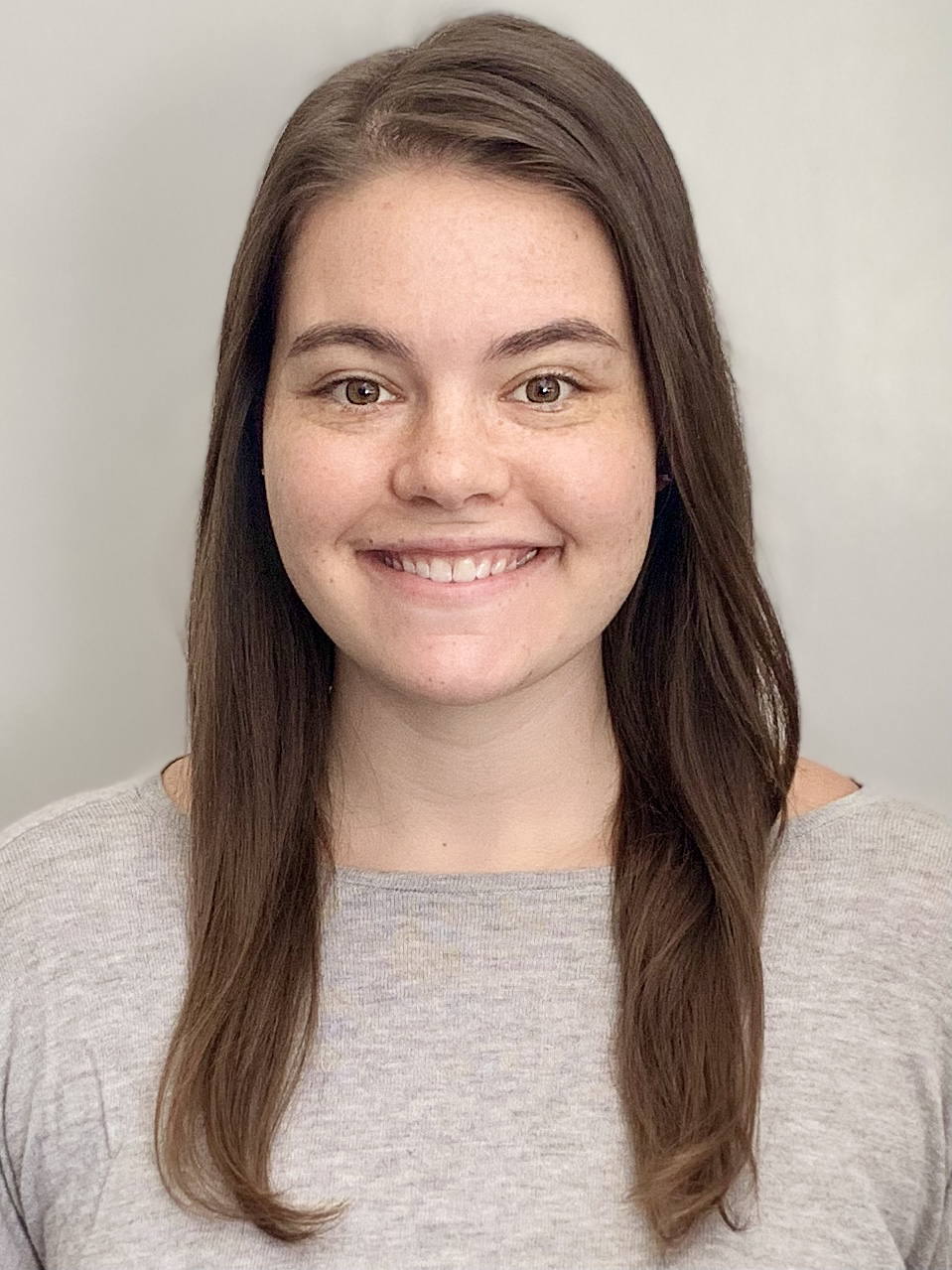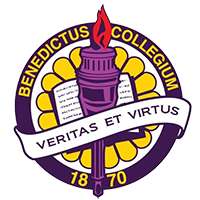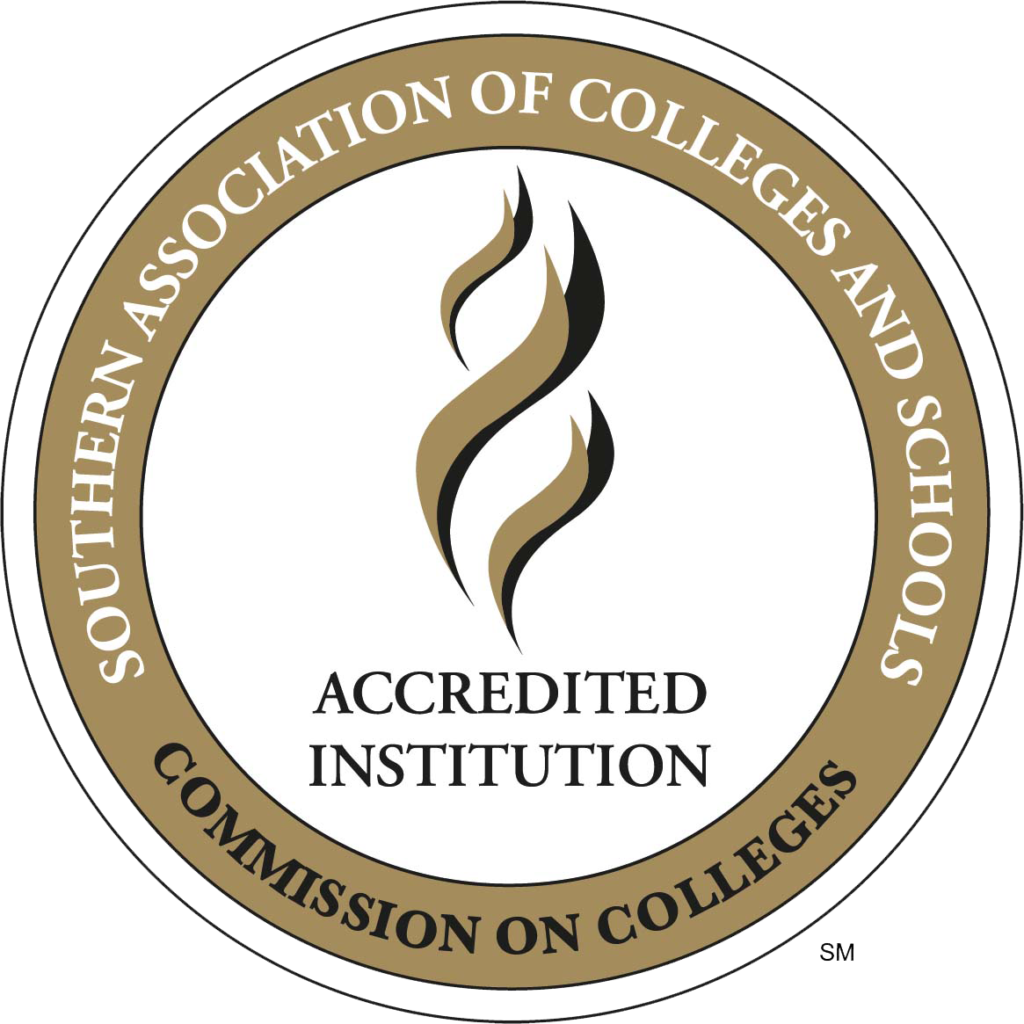Master of Science Sport Management Course Requirements
Department Contact
Dr. Tami Ashford Carroll
Interim Department Chair
E-mail: tami.carroll@benedict.edu
Office Phone: 803-705-4775
Dr. Allison Waymyers
Program Director/Assistant Professor
Email: MSMadmissions@benedict.edu
Office Phone: 803-705-4915
Benedict College
School of Education, Health and Human Services
Department of Health and Sport Management
Masters of Science in Sport Management
(Minimum of 36 credit hours)
- Core Requirements
Introduction to Graduate Studies | 0 |
Professional Development in Sport | 3 |
Research Methods in Sport Management | 3 |
Strategic Management for Sport Organizations | 3 |
Sport Management and the Black Culture | 3 |
- Sport Administration Concentration
Issues in Sport Law | 3 |
Marketing in Sport | 3 |
Practicum | 3 |
Internship | 3 |
Sport Financing, Sales, & Revenue Generation | 3 |
Diversity & Ethics in Sport | 3 |
Comprehensive Examination | 0 |
- Electives
Sport and the Media | 3 |
Athletic Administration | 3 |
Facility Management in Sport | 3 |
Governance & Global Sport Management | 3 |
Esports & Gaming Management | 3 |
Sport Psychology | 3 |
Course Descriptions
Introduction to Graduate Studies | 0 |
This course serves as an introductory knowledge base to graduate studies at Benedict College. Candidates will engage in identifying best practices for graduate studies success in sport management to include but not limited to study skills, conference attendance, and career networking. | |
Professional Development in Sport | 3 |
This course serves to promote leadership knowledge. Teachings will provide historic and contemporary research regarding the skills and best professional leadership practices (i.e., diversity, equity, and inclusion; ethics; global sport; use of technology) to support the development of practitioners, managers, and leaders in a range of sporting environments to include but not limited to recreation sport, interscholastic sport, intercollegiate sport, professional sport, olympic sport, and Esports. | |
Research Methods in Sport Management | 3 |
The research methods course will promote knowledge and identify best practices in designing, implementing, analyzing, assessing and writing-up research. The course will support qualitative and quantitative research methodologies in sport management and sport-related business organizations. | |
Strategic Management for Sport Organizations | 3 |
This course will discuss management and its relationship with sport while providing an overview of issues and contemporary concepts that include but are not limited to strategy, decision making, organizational design, human resource management, leadership, facility management, and sport media technologies. | |
Sport Management and the Black Culture | 3 |
This course will center the experiences of Black/African American individuals participation, leadership, and influence in sport and athletics. Candidates’ ability to identify, compare and contrast, and explain the significance of Blacks historic and contemporary sport experiences is of value as future practitioners, managers, and leaders. | |
Issues in Sport Law | 3 |
This course will outline the range of law categories that are aligned with the management of sport. Providing a comprehensive overview of the historical and contemporary contexts that influenced the United States legal system, candidates will examine litigation best practices and legal resources inclusive of risk management, employment law, gender equity, and constitutional law. Discussion on the effects in sporting spaces and organization’s economic budgets will be addressed. | |
Marketing in Sport | 3 |
The course will link the theory and practice of sport marketing and prepare candidates on the role of the sport consumer and how their experiences are influenced by strategic marketing, market research, target marketing, media promotions, sales & ticketing, and legislation and rise of emerging technologies. | |
MSM 5004 Practicum | 3 |
The practicum course is designed to support the professionalization (i.e., theory analysis to practical application) of candidates within a department approved sport-related organization. Candidates will complete 120 hours or more of professional supervised fieldwork experiences for 8 weeks in which they will identify and complete assignment(s) with a topical or issue-driven focus. | |
Internship | 3 |
This internship course is designed to support the professionalization (hard, soft, and technical skills) of candidates within a department approved sport-related organization. Candidates will complete 120 hours or more of professional supervised fieldwork experience for 8 weeks in which they will obtain guidance and mentorship, management and leadership experiences, and build career networks. | |
Sport Financing, Sales, & Revenue Generation | 3 |
This course provides knowledge and an applied approach to sport financing, sport sales, and revenue generation. Assignments will prepare candidates through discussion of contemporary finance issues, best practice sales strategies and revenue generation to support organizations’ economic budgeting. | |
Diversity & Ethics in Sport | 3 |
This course connects the concepts of diversity and ethics in the sporting environment. Candidates will discuss, analyze, and assess how issues of diversity, equity, and inclusion and ethical practices affect historically marginalized groups as well as participation, leadership, policies and practices within sporting environments. |
|
Comprehensive Examination | 3 |
This course serves as a program culminating, or comprehensive, examination for candidates in the Masters degree in sport management. Candidates will receive written/oral/project based questions to demonstrate summative knowledge, critical thinking, and the ability to provide practical based strategies to address issues of diversity and ethics, marketing, sales and revenue, legislation, history, leadership, marketing, and management of sporting environments. | |
Sport and the Media | 3 |
This course promotes the knowledge and interpretation of media and communication best practice management in the sporting and athletics environment. Candidates will be able to examine, review and manage issues addressing contemporary media landscapes, global industries, broadcasting rights and revenue, journalists and media relations practitioners, media relations and interactions, social media, and crises, scandals, & image with individuals and organizations. | |
Athletic Administration | 3 |
This course promotes administrative best practices and management within intercollegiate athletic environments. Candidates will examine and discuss: historic and contemporary issues of intercollegiate athletics; governing bodies; the role of compliance and legislation; development, sponsorship & alumni relations; facility and event management as well as the range of academic, social, and health and wellness experiences of college athletes. | |
Facility Management in Sport | 3 |
This course examines facility management and operations applicable across a range of sporting environments like K-20 facilities, sport stadiums, parks and recreation, hotels and resorts, and religious structures for diverse individuals and groups. Candidates will identify and discuss issues that include but are not limited to: sport facility financing; project management; leadership and human resources; customer experiences; security, risk, & threat assessment; and event analytics and sustainability.
| |
Governance & Global Sport Management | 3 |
This course examines sport event management in global environments. Candidates will discuss contemporary issues, cultural influence, and best practices in resource management, organizational change, marketing and promotion, legislation, governance, and research and evaluation protocols in diverse environments.
| |
Esports & Gaming Management | 3 |
The course explores the rise of the Esports industry and its influence on global business. Candidates will examine the issues and culture of Esports to include but not limited to education, governance, sponsorship, venues and event management, finance and budget, legislation and liability, player management and leadership, and stakeholders and future interests. | |
Sport Psychology | 3 |
This course is designed to promote the knowledge development, management and application of sport practitioners. Candidates will discuss psychological theory, research and their contribution to the athlete-coach relationship, communication, sport performance, motivation, team cohesion, diversity and culture, leadership, and present and future careers and organizational structures. | |
Early Admissions
Application Deadline
October 31, 2022
Decision Notification
November 30, 2022
Regular Admissions
Application Deadline
January 06, 2023
Decision Notification
February 03, 2023
Late
Admissions
Application Deadline
March 03, 2023
Decision Notification
March 31, 2023
At A Glance
Cohort Starts
May 2023
Mission
The mission of the Health and Sport Management Department is to prepare students for careers in health, athletics, and sport industries to serve as administrators, managers, and innovators. Through the undergraduate and graduate degree programs, our students develop knowledge and skills that promote inclusive and transformative experiences incorporating innovative technologies for a global world.
Sport Management Curriculum
Benedict’s Sport Management Master’s is designed to provide intensive study of current sport business practices that will prepare students to meet the demands of the contemporary sport management market. Problem-solving, theoretical and applied learning, and effective communication are stressed to ensure that graduates have both the technical and theoretical knowledge to enter the marketplace with confidence.
Based upon the recommendations of the Sport Management Master’s faculty, the full college faculty approved the program with two concentration options:
The Athletic Administration Concentration is designed to prepare candidates to function in a sport business environment. Students will gain practical experiences with athletic administration job components, sport ethical roles, and sport laws. Participants will be exposed to sport finances, sport governance, sport facility management, commercial recreation, and outdoor recreation and sport planning.
The Coaching Concentration is designed to prepare candidates with the managerial and leadership skills required to coach on all sport levels (i.e., Recreational, Public School, Collegiate, Semi-Professional, Professional, and Olympic Levels). Students will be exposed to the psychology of sport; coaching, officiating and teaching concepts; sport analytics; athletic training and Esports. They will experience different coaching, officiating, analyzing, educating, training and learning environments. Graduates will display sport leadership and practical management skills to lead, manage, direct, coach, and operate various sports and sporting agencies.
All degree completion options share a common core curriculum of 12 credit hours that emphasize advanced management, marketing, and legal concepts. This is then supplemented by 12-18 hours of directed courses within the applicable sub-field (Athletic Administration or Coaching). Each concentration culminates in a capstone experience designed to demonstrate synthesis of learned concepts. Based upon academic and professional goals, students can choose between the preparation and defense of an independently-researched thesis (12 hours of coursework) or completion of a supervised practicum and comprehensive examination (6 hours of coursework).
Program of Study
Admission Policy
Benedict College gives serious consideration to every applicant who is committed to taking full advantage of the opportunity it provides him/her to obtain a graduate education. The College makes its educational opportunities available to all such applicants interested in participating in its programs.
However, each applicant must provide evidence of a reasonable probability of success in graduate school before he/she can be admitted. The College reserves the right to deny admission to any applicant it judges unlikely to benefit from its programs.
Full Admission: Applicants for admission to graduate studies at Benedict College will have to submit a completed application packet and pay a non-refundable application fee. Additionally, the SMM Admissions Committee reviews the following requirements:
- Completed online graduate admission application
- Non-refundable application fee
- Interview with SMM Admissions Committee
- Graduate Record Examination (GRE) Scores (optional)
- Official undergraduate and graduate transcripts
- Two letters of recommendation
- Resume
- Statement of Commitment and Interest
- English Proficiency
Early
Admissions
Application Deadline
November 18, 2021
Decision Notifications
January 10, 2022
Regular Admissions
Application Deadline
December 3, 2021
Decision Notification
January 31, 2022
Late
Admissions
Application Deadline
February 2, 2022
Decision Notification
March 31, 2022
Sport Management Graduate Faculty (Alphabetical Order)

Akilah Carter-Francique
Dean for the School of Education, Health and Human Services; Associate Professor in Sport Management
University of Georgia at Athens – Ph.D., M.Ed.; University of Houston – B.S. Kinesiology, B.S. Psychology

Dr. Tami Ashford Carroll
Interim Department Chair; Professor in Public Health
University of South Carolina- Ph.D.
Columbia University- M.P.H & M.S.

Brittany Morrone
Assistant Professor in Sport Management
East Tennessee State University – ED.D., Kean University – M.S., B.A.

Dr. S. Malia Lawrence
Professor in Sport Management
University of Tennessee- Ph.D.
San Deigo State University- M.A.
University of Hawaii- B.A

Dr. Allison Waymyers
Assistant Professor in Sport Management
Clark Atlanta University-Ph.D.
Columbia College
University of South Carolina


